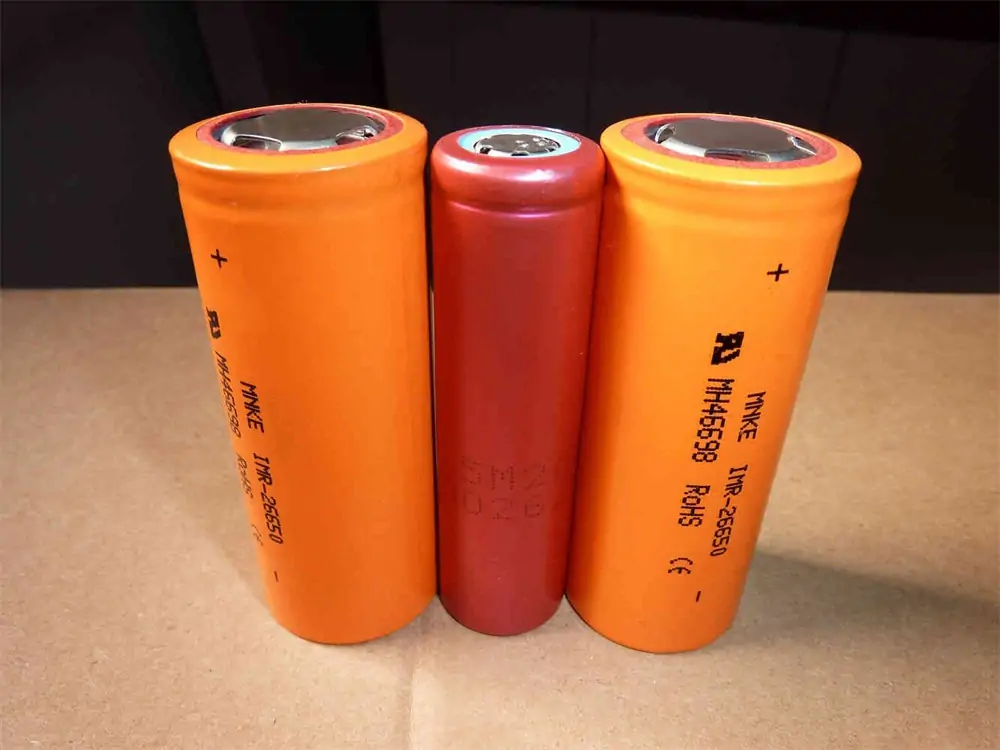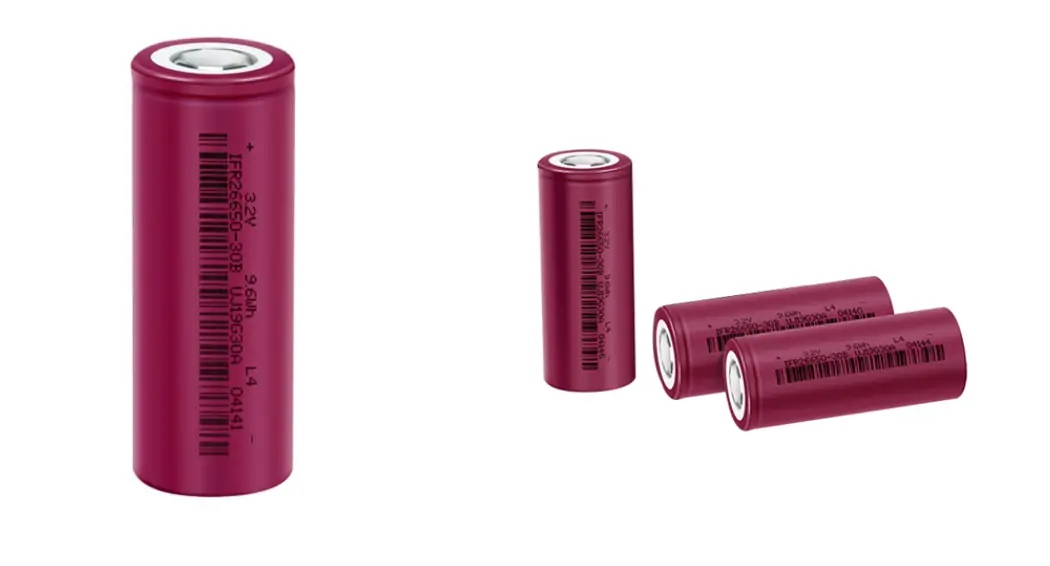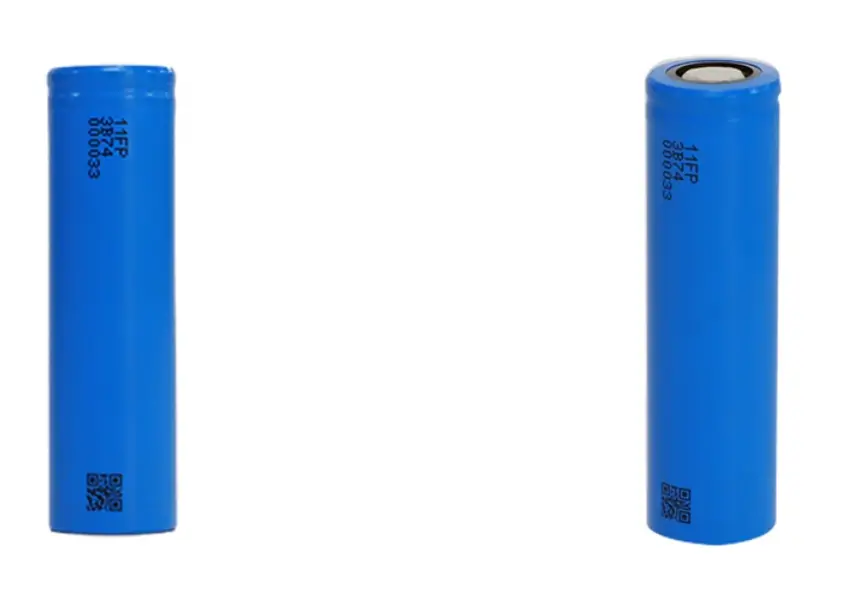 |
Welcome To Evlithium Best Store For Lithium Iron Phosphate (LiFePO4) Battery |
 |

In the world of lithium-ion batteries, 26650 and 18650 have emerged as two of the most popular models. While they share similarities, their differences are what truly set them apart. This article aims to delve into the nuances of both batteries, providing a detailed comparison between the two.
Before we dive into the specifics, it's crucial to understand the basics of lithium-ion batteries. The names 26650 and 18650 are not randomly assigned; instead, they represent the physical dimensions of the batteries.
26650 Battery: Measures 26mm in diameter and 65mm in length
18650 Battery: Measures 18mm in diameter and 65mm in length
This might seem like a trivial difference, but as we'll see, size impacts the battery's overall performance and utility.

The 26650 battery is larger than its 18650 counterpart, allowing it to house a greater energy capacity. Its larger size translates into a higher ampere-hour (Ah) rating, which is a measure of how much energy the battery can store.
The 26650 battery's higher capacity makes it a popular choice for power-hungry devices such as high-performance flashlights, vaping devices, and certain electric vehicles.

Although smaller in size, the 18650 battery has its own set of advantages. It boasts a high energy density, allowing it to deliver a significant amount of power despite its compact size.
Moreover, the 18650 battery is known for its versatility. Its smaller size makes it suitable for a wide range of applications, from laptops and power tools to electric vehicles and solar grids.
When comparing the 26650 and 18650 batteries, a few critical factors come into play:
Energy Capacity: The 26650 battery typically has a higher energy capacity due to its larger size.
Energy Density: Despite its smaller size, the 18650 battery boasts a higher energy density, delivering a significant amount of power.
Size and Weight: The 26650 battery is larger and heavier, which might be a disadvantage in applications where space and weight are important.
Versatility: The smaller 18650 battery fits into a wider range of devices, making it more versatile.
The choice between a 26650 and an 18650 battery ultimately depends on your specific needs. If you're looking for a battery with high energy capacity for a power-hungry device, the 26650 battery is an excellent choice. On the other hand, if size, weight, and versatility are your top concerns, the 18650 battery might be a better fit.
Remember, the perfect choice doesn't exist; it's all about finding the battery that fits your requirements best.
It's also important to note that regardless of the battery you choose, proper handling and usage are crucial to ensure the battery's longevity and safety. Always follow the manufacturer's instructions and guidelines when using lithium-ion batteries.
Edit by editor
Last Update:2026-01-13 17:28:24
All Rights reserved © 2026 Evlithium Limited